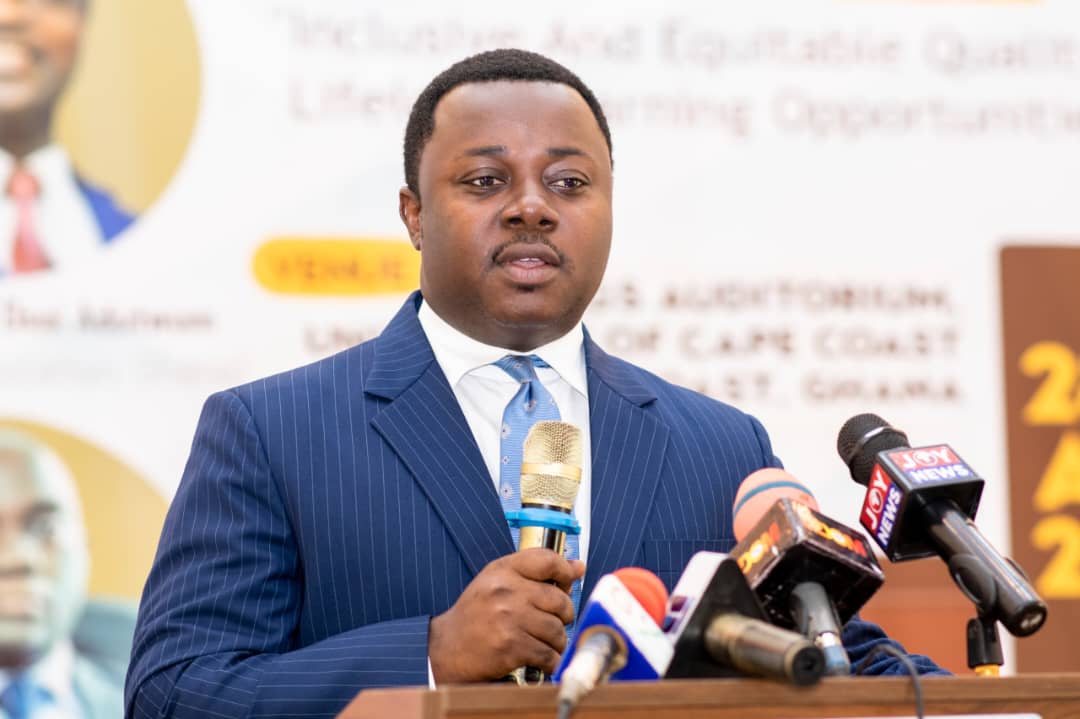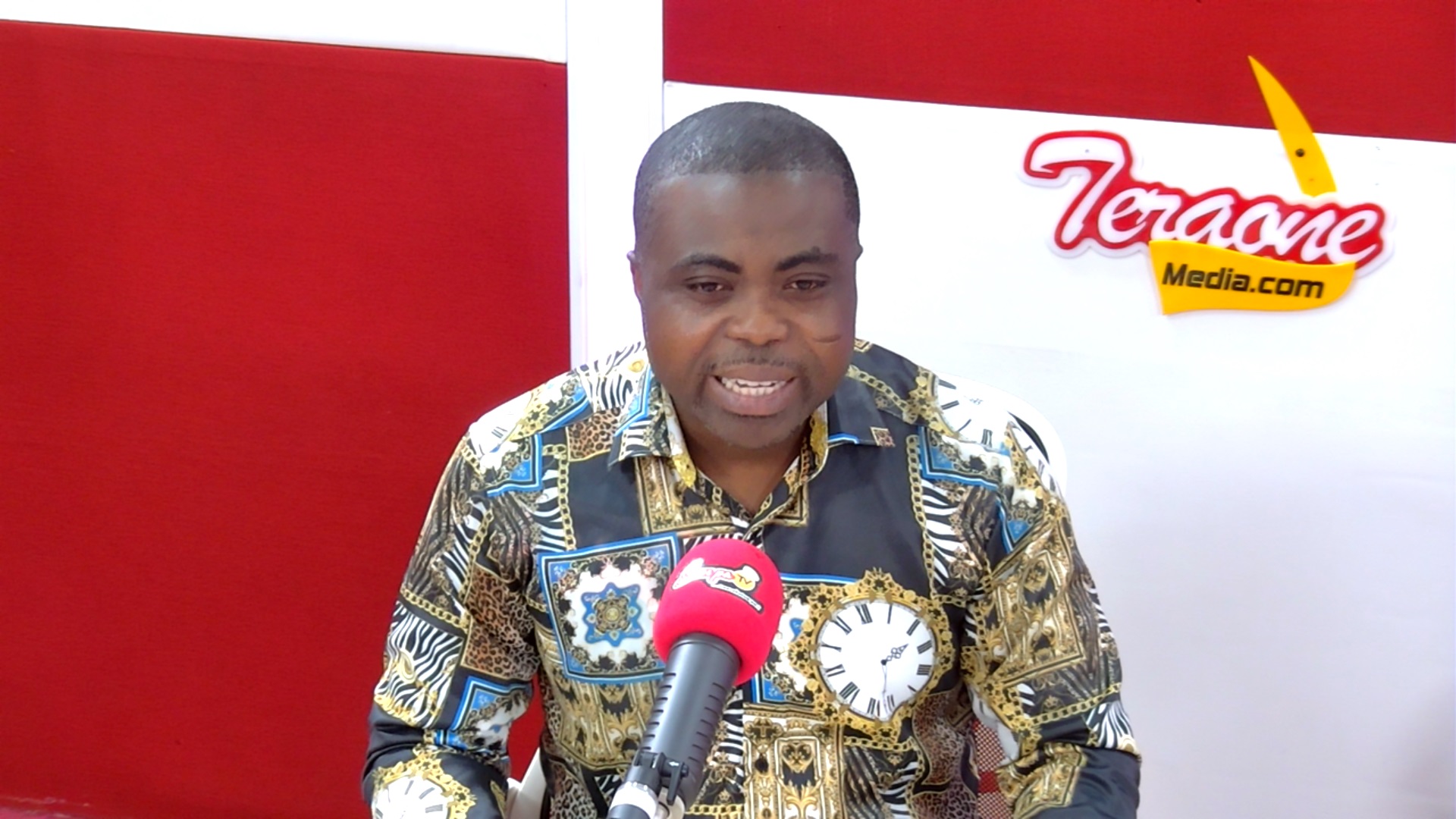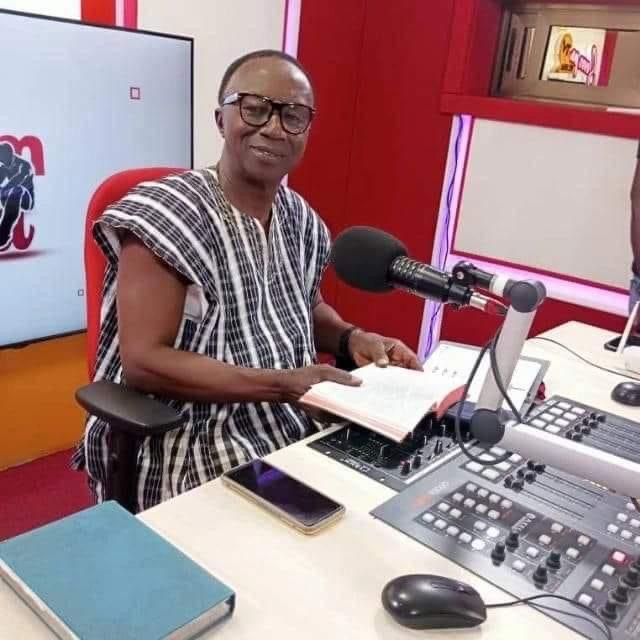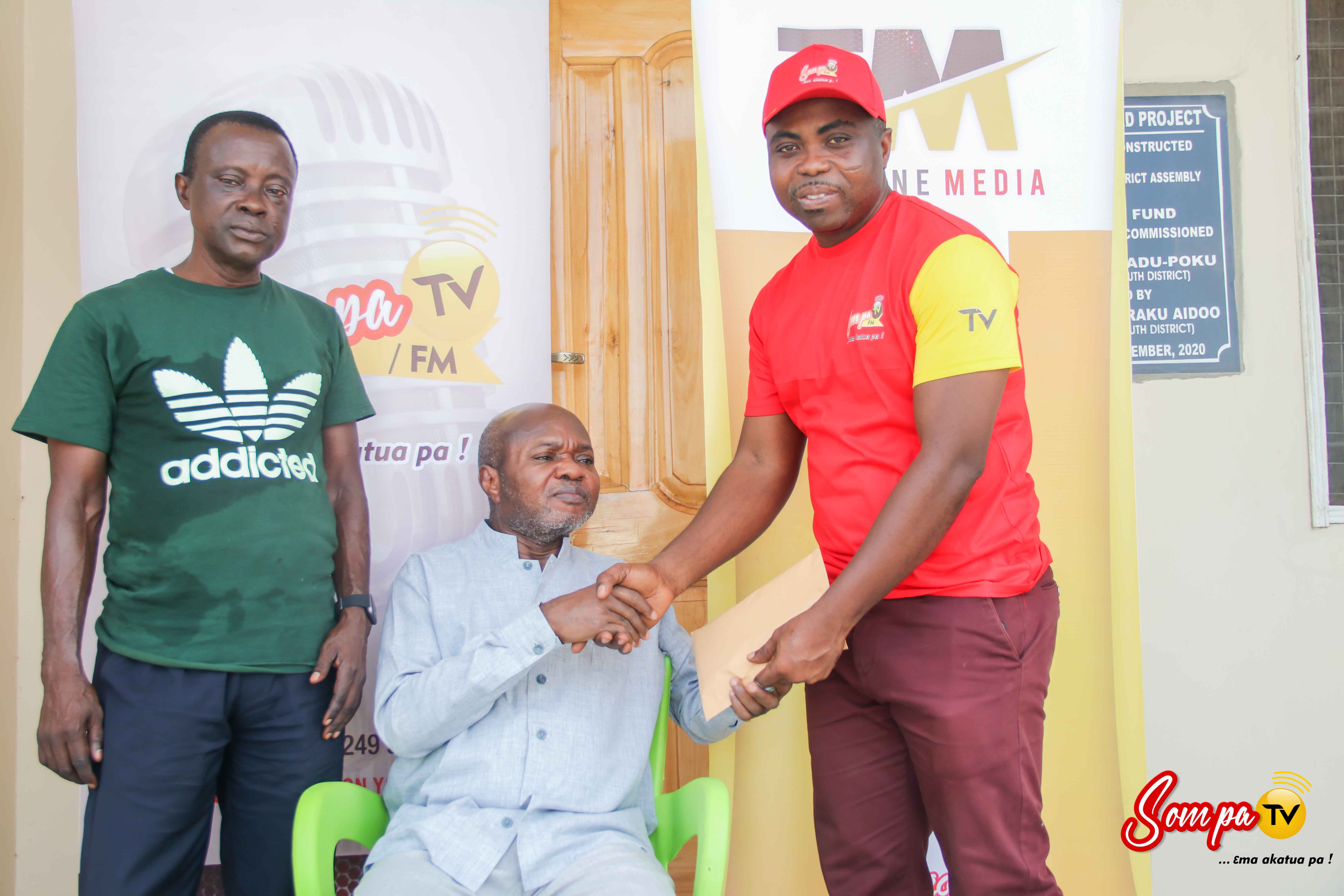The Deputy Minister of Education and MP for Assin South Constituency in the Central Region, Hon. John Ntim Fordjour has charged academicians in Africa to leverage on education to turn the fortunes of the continent.
He connoted that Africa as a continent has great potentials, opportunities and resources which can only be harnessed through education.
Hon. Ntim Fordjour referred that as Nelson Mandela once said that the most powerful weapon to change the world is education, affirmed to it that since education is the most potent tool to change the world, the time has come for Africa to leverage on education as the surest strategy to transform the fortunes of the continent.
He asserted that regardless of all the natural resources the continent might be endured, it can only leverage on human capable to get it out of its challenges and poverty.
The Deputy Education Minister made this statement at the 13th Sustainable Education and Development Research Conference hosted by the Cape Coast Technical University at the University Cape Coast, dubbed "Inclusive and Quality Equitable Education and Lifelong Learning Opportunities for Researchers."
He noted that it must be a matter of concern since available statistics reveal Africa to be a continent which young people will form 42% of the global info population by 2030.
Hence, it must be taken into cognisance the work preparation to ensure that the African youth will contribute 42% of innovation, job creation, and 42% of global inventions.
Prof. Kwaku Adutwum Ayim Boakye, Vice Chancellor of the Cape Coast Technical University (CCTU), remarked education to have always been the progenitor of change in every society.
He dismayed the fact that the indigenous forms of knowledge have for far too long be ignored and would have to be intentional about integrating them.
The CCTU Vice Chancellor observed to have been well documented that even before formal education was introduced to Africa, traditional people possessed advanced knowledge of the solar system and its constellations even without telescopes.
He opined that long before the introduction of solar technology, indigenous fishermen have long been known to know how to tell the location and type of fish in a particular part of the sea by merely tasting the water.
Prof. George Mpedi, Vice Chancellor of the University of Johannesburg (South Africa) at the conference, recounted knowledge to be like a garden, which when not cultivated, can never be harvested.
To wit, he outlined to be systemic shifts Africa as a continent is called to respond in other to remain relevant in the global educational cycle, which has to do with the reframing of the continent's educational structures.
Sompaonline.com/Eric Annan













 Sompaonline.com offers its reading audience with a comprehensive online source for up-to-the-minute news about politics, business, entertainment and other issues in Ghana
Sompaonline.com offers its reading audience with a comprehensive online source for up-to-the-minute news about politics, business, entertainment and other issues in Ghana